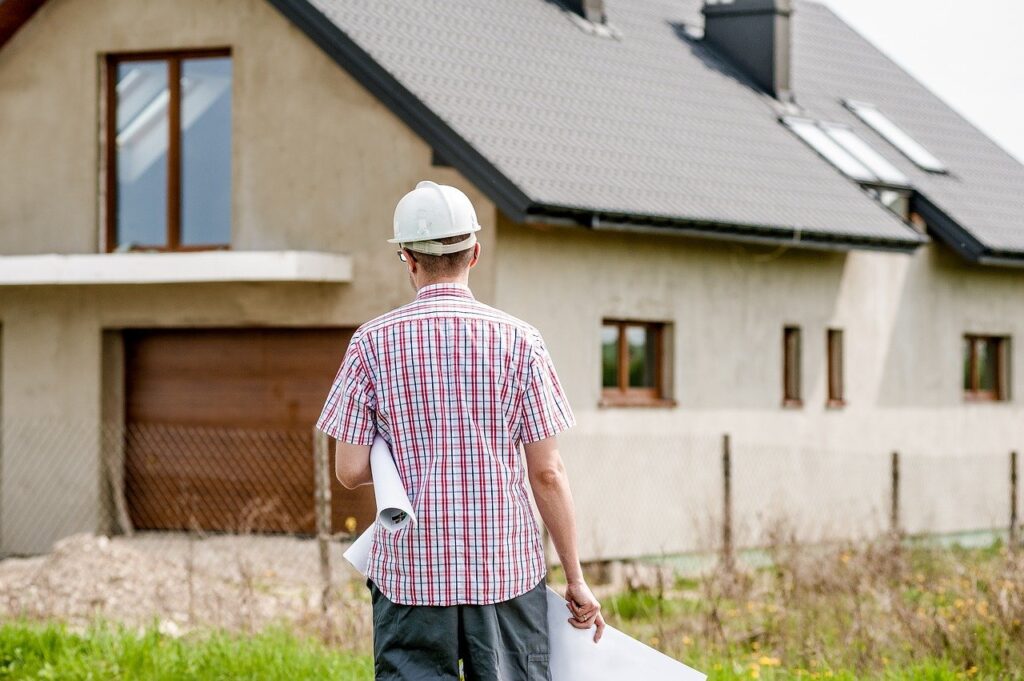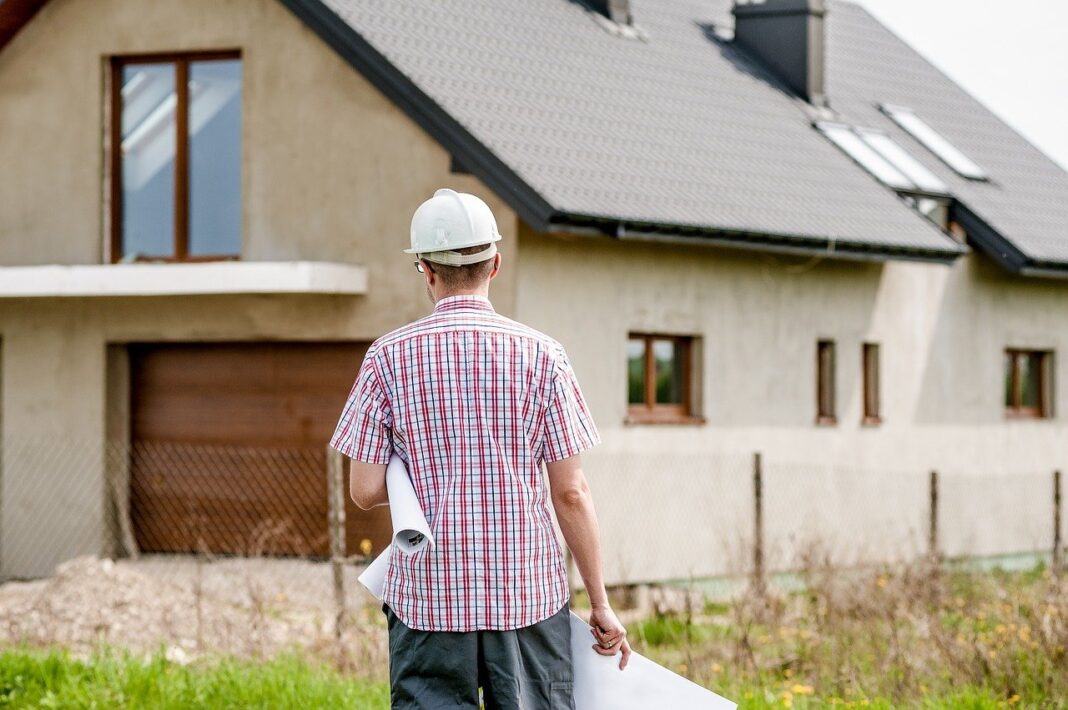If you’re living in rented property in the UK, then you’re entitled to a certain standard of living.
If your landlord has allowed the property to fall into disrepair and hasn’t attempted to fix it, then you could be entitled to make a housing disrepair claim.

Your Rights as a Tenant
If you’re renting, then you should expect your home to be fit for human habitation. You’ll also have certain responsibilities, like paying your rent on time, and paying any other charges you’re agreed with the landlord.
Even if you feel like you’ve been wronged, it’s important to keep up your end of the bargain.
The Landlord’s Responsibilities
It’s your landlord’s job to ensure that the property is fit to live in. They should make sure that boilers and smoke alarms are installed and in good working order.
They might also have to make reasonable adjustments to make life easier for disabled tenants – for example, by installing handrails.
For Houses in Multiple Occupations (HMOs), there are extra responsibilities to contend with, as each separate division of the property will need a supply of gas, electricity and water.
In some cases, the tenant’s misuse of the property might cause a problem. If you are not using the extractor fan whilst you’re cooking or showering, then your landlord can plausibly claim not to be responsible for the ensuing mould.
Of course, landlords can only take corrective action if they’re aware of the problem – which means that you’ll need to tell them about it. Having said that, they can’t always plead ignorance. We’ll return to this in a moment.
What does Housing Disrepair Look Like?
The term ‘unfit for human habitation’ might seem like a pretty subjective one. So, what are we really talking about?
Homes that have extensive damp and mould problems would certainly qualify. In this case, the smell can be terrible and the spores can cause respiratory problems, especially to those who are already vulnerable.
If the home gets too hot, or too cold, then it might also qualify. All homes should have a source of safe drinking water, and be free of infestation from vermin.
The Defective Premises Act 1972 imposes several duties of care upon the landlord. Among these is a responsibility to ensure that defects in your home do not cause damage to people inside it – be those people visitors or tenants.
If the landlord knows, or ought to have known, about the problem, then the duty applies. So, unless the tenant is actively concealing it from them, they have a case to answer.
When can you Claim?
If you’ve made your landlord aware of the problem and they’ve failed to take corrective action, then it might be time to take legal action.
You’ll need to have given them a reasonable chance to address the issue and have tangible evidence of any correspondence.
